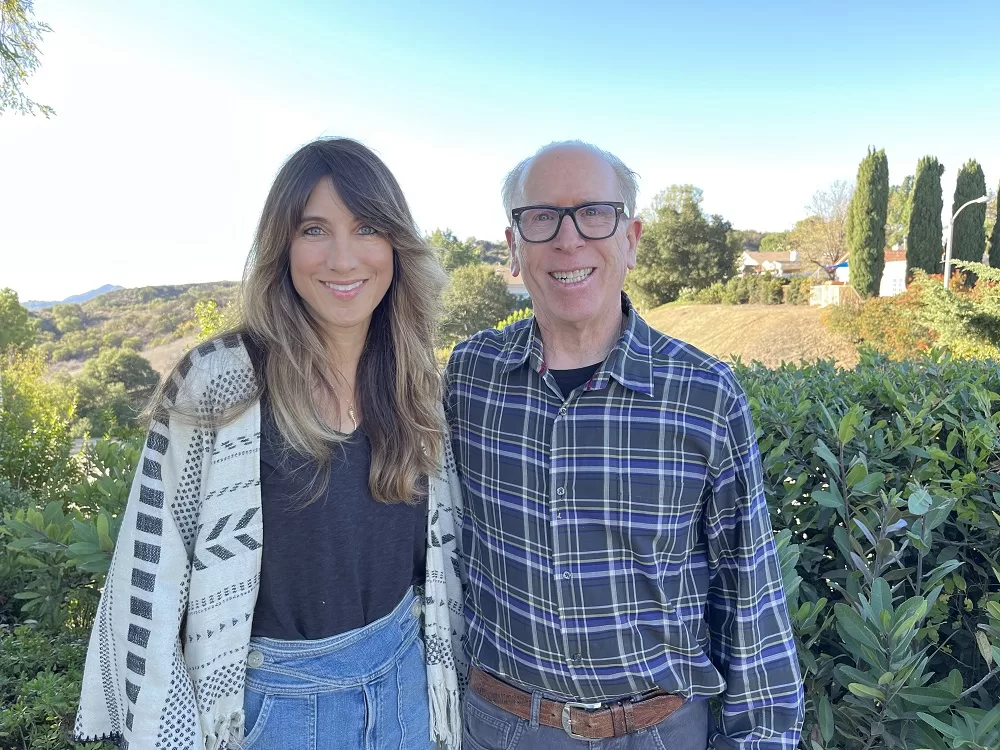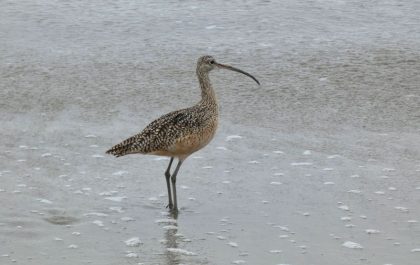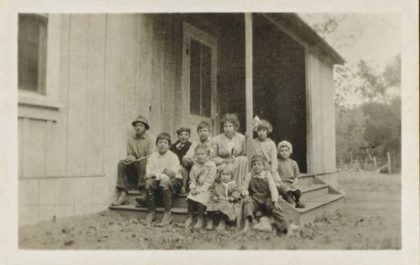This article is a collaboration between Jill Cotu and Peter Walzer. Peter and Jill are neighbors in Topanga. Jill is a massage therapist and energy worker. Peter is a lawyer and a longtime member of the Self-Realization Fellowship. They co-authored this piece, and are working on a series of “the power of” articles.
Is it audacious of us to write about love? Perhaps, but before we dive in, let’s look to a recognized authority. This is what Shakespeare has to say about it:
Love is not love
Which alters when it alteration finds,
Or bends with the remover to remove:
O no! it is an ever-fixed mark
That looks on tempests and is never shaken.
We understand that love is not fickle, but still, it is undefined—though not for lack of trying, in prose and song. Motown, the blues, rock and roll – they paint love as an unattainable goal. Hope is bound to be dashed in disappointment, and we still relentlessly seek it. Is this the love that makes the world go round? Is this why people die of broken hearts? We have our lore about romantic love.
But that is not all there is to love. There is the love between parent and child. Acceptance, appreciation, and care. There is the love between grandchild and grandparent. Safety, joy, and consideration. There is the love between employer and employee. There are not too many songs about this type of love. There is love for brother and sister. The love of the creative process is instinctual and almost desperate. The love of family is imposed by fate. There is just plain friendship, chock full of platonic love; perhaps the simplest of all, and perhaps the most fragile. The love of friends is chosen and must be cultivated as if it were a plant.
What does William Blake write about it?
“Love is weak when there is more doubt than there is trust, but love is most strong when you learn to trust even with all the doubts. If a thing loves, it is infinite.” Infinite, poetic, and even scientific.
Dr. David Hawkins, after 40 years of psychiatric research, wrote a book on the hierarchy of levels of human consciousness. He quantified love as the third highest state one can experience, bested only by joy and peace. So is love a force like electricity or magnetism? Is it just humans that feel it — or do animals and plants experience it? Masaru Emoto postulated that water molecules change their shape when doused with emotions. Luther Burbank tamed the prickly pear cactus by selective breeding and convincing the plant it was safe and didn’t need its spiny defense.
According to Albert Einstein, everything in our universe is composed of particles vibrating at different speeds. This includes humans, animals, rocks, flowers, sound, and emotions. The word motion is embedded right there— “e motion”. Emotions are a form of energy and as such, they move, have unique vibrational frequencies, and can shift form. Some particles vibrate faster and others vibrate slower, leading to higher vibrations and lower vibrations. The essence of what we call love is just a vibration, and perhaps the simplest way to all get on the same page and heal ourselves and the planet is to tune in . . . turning on or dropping out, optional.
We feel the pain of those around us. We feel the world in crisis. Yet we feel helpless. Most politicians do not speak the language of love and forgiveness. They thrive on cutting the heads of others to make themselves look tall. They make bedfellows of corporations and special interest groups who rarely act from the heart, placing power and profit over all else. They thrive on dominance. There is a need to do something.
What to do? Change ourselves, and line up with love. Change begins at a subtle level when we initiate a different pattern of thinking and emoting. Change requires control which requires willpower. Change also requires energy, so let’s start with its most basic definition: the ability to do work. The work of changing ourselves is a full-time job. When it is taken seriously by each of us, the world will change. It is an archetypal struggle to overcome restlessness with contentment, anger with love, and worry with peace. The struggle is unending. It is literary, from Homer to Hans Christian Anderson, and from Macbeth to Lord of the Rings and Harry Potter.
How do we convince ourselves that we can create a better world by changing our thinking? It helps to think of the universe as thought or consciousness. It is malleable. It is influenced by how we think and behave. Our five senses report a world that is fixed and not influenced by our behavior. But 20th-century science gives us a different picture. Our new reality began with Einstein, who introduced the theory of the relativity of time and space. This concept is mind-boggling. As quantum physics evolved in the last century, physicists realized that elementary particles – the building blocks of the universe – were affected by the observer, and do not have a fixed location in space. In fact, the idea that particles were fixed and hard like legos was debunked. They were more like ideas or like thought particles. If you accept this scientific reality, then it is not a big leap, to realize our thoughts, emotions, and feelings affect our environment on many levels.
Gratitude, generosity, and forgiveness. These may be the best means of raising our vibration. A starting point, anyway. “Change yourself and the rest will follow” is more than just a throwaway phrase we might see on a positive affirmation mug at Target; if we can literally change the electromagnetic makeup of our bodies, the biochemical makeup, we will effectively change ourselves and our environment—our reality!
There is a line from the Mahabharata which says, “The continuation of the species is due to man’s being forgiving. Forgiveness is holiness; by forgiveness, the universe is held together.” In other words, the cosmos is held together by love. By living harmoniously with others, we have an effect on everything. You may want scientific proof of this concept. The best way to test this theory is to practice it in your own life.
Whether it is a random act of kindness or experimenting on your family, see what happens. In our experience, you may not be able to determine if the universe changes, but you will know how you feel. If a feeling of satisfaction surfaces on the lake of your mind, or warmth emanates from your heart, perhaps you are feeling love. You may not be able to put it in a test tube or dissect it, but you know it exists. You don’t need to be Einstein to understand it, but you can prove it to yourself. Perhaps, that is all that counts.





